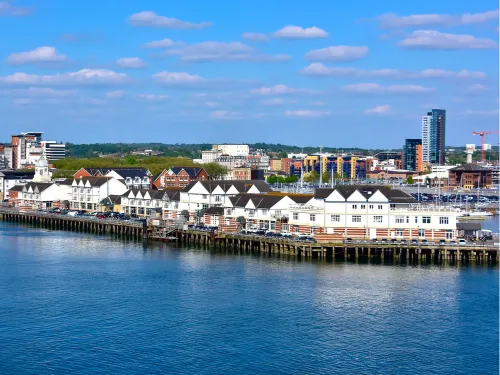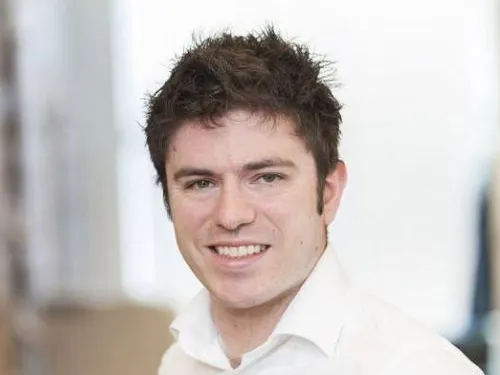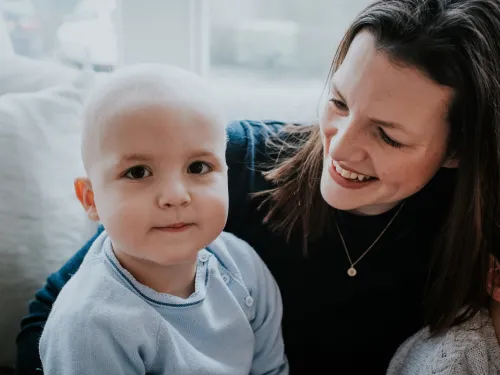CCLG funds allied health professional research to improve childhood cancer care
Children’s Cancer and Leukaemia Group has funded two new research projects that support non-traditional researchers trying to improve childhood cancer care.
Children’s Cancer and Leukaemia Group has funded two new research projects that support non-traditional researchers trying to improve childhood cancer care.

In the UK and Ireland, over 100 childhood cancer researchers have been funded through CCLG. But what are they working on? Let's take a trip to Southampton to find out...
Children's Cancer and Leukaemia Group (CCLG) has come together with Young Lives vs Cancer, Ellen MacArthur Cancer Trust, and Teenage Cancer Trust to ensure children and young people with cancer get the care and support they deserve.
The family behind the Harley Staples Cancer Trust (HSCT) visited the University of Leeds earlier this week to learn more about acute lymphoblastic leukaemia (ALL) research they funded through Children’s Cancer and Leukaemia Group (CCLG) in 2023.
Children's Cancer and Leukaemia Group Special Named Fund, A Goal for Sam, funds new leukaemia research.

Hear from Dr Jonathan Fisher about how immunotherapy could help children with solid tumours.

There is a lot more to research than just scientists in white lab coats. We caught up with some of the amazing parents who help shape the direction of childhood cancer research.
Charlotte Bowling's daughter, Amelie, was diagnosed with acute lymphoblastic leukaemia (ALL) in June 2019 aged six. Charlotte tells us about the support her daughter and her family received from her school, including an innovative way of ensuring Amelie was involved even when not physically present.
Lily Morris was diagnosed with acute lymphoblastic leukaemia (ALL) in 2022 aged 15. Now 16, she tells us about its impact on her GCSE preparations, and the support she’s received from her school and friends as she transitioned back into full-time education.